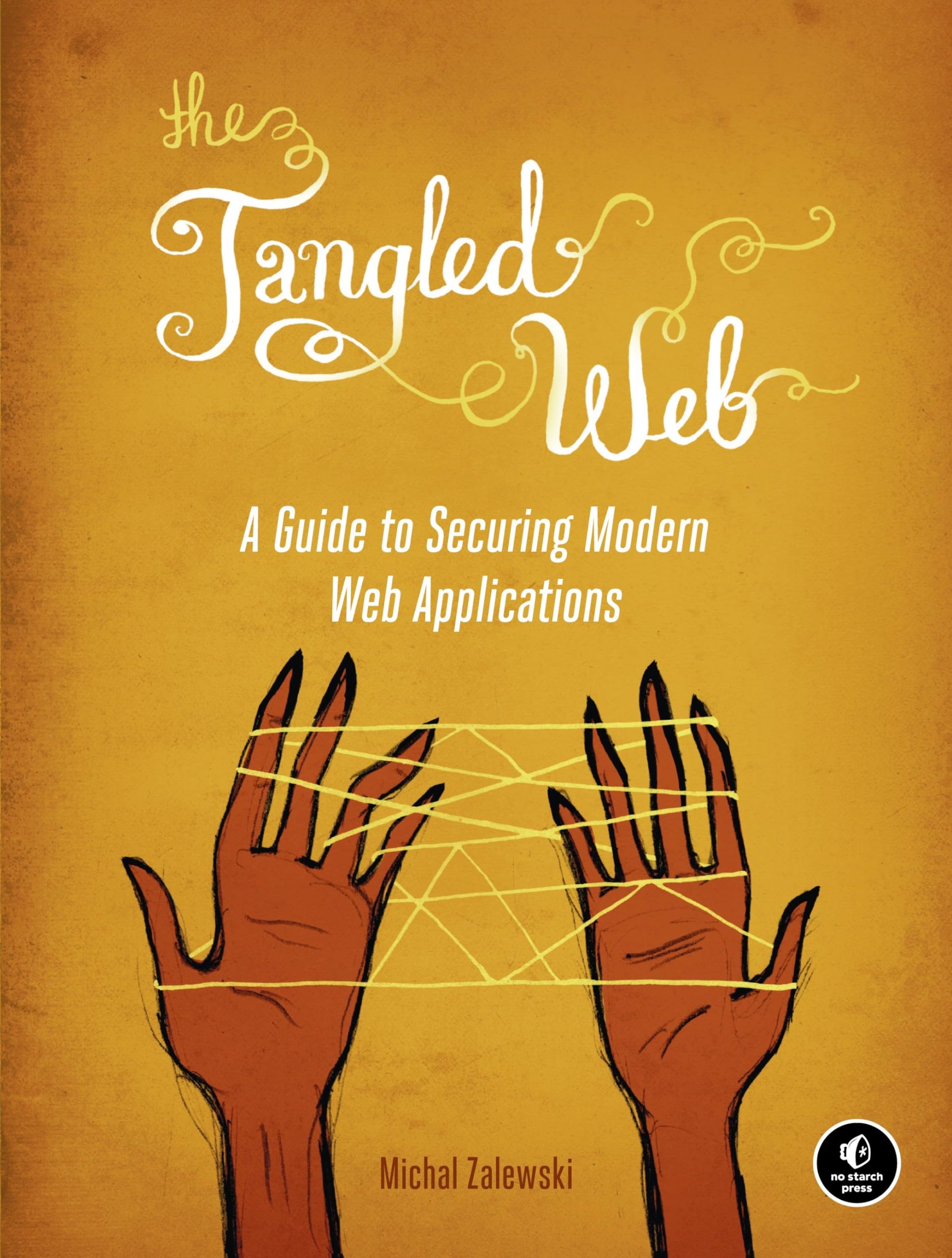Found in 2 comments on Hacker News
jyu · 2013-06-13
· Original
thread
I'd also like to know Security 101 for web developers.
In a recent appsec thread, there were two books that a lot of people recommended:
http://www.amazon.com/The-Tangled-Web-Securing-Applications/...
http://www.amazon.com/The-Web-Application-Hackers-Handbook/d...


His separate guide on CNC is great[1]. He also has a great intro to electronics[2]. His first book is an amazing survey of totally passive attacks[3]. His second book is a comprehensive survey of web application osecurity[4].
[1] http://lcamtuf.coredump.cx/gcnc/
[2] http://lcamtuf.coredump.cx/electronics/
[3] http://www.amazon.com/dp/1593270461
[4] http://www.amazon.com/dp/1593273886/